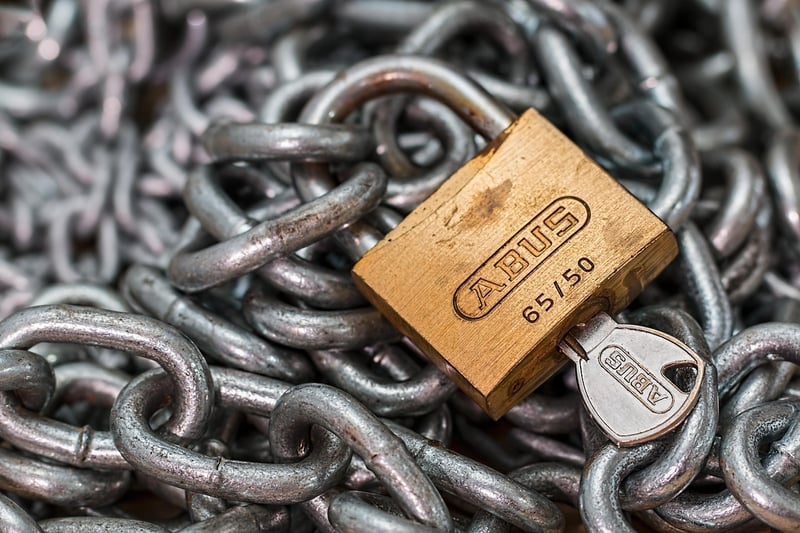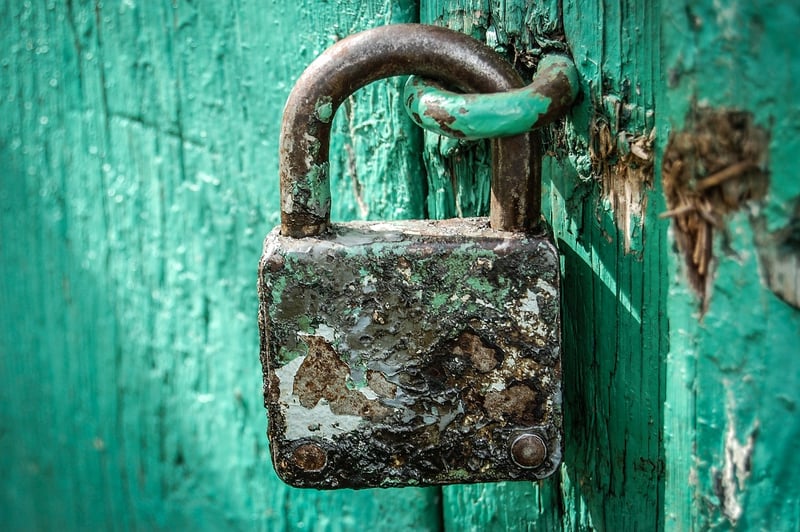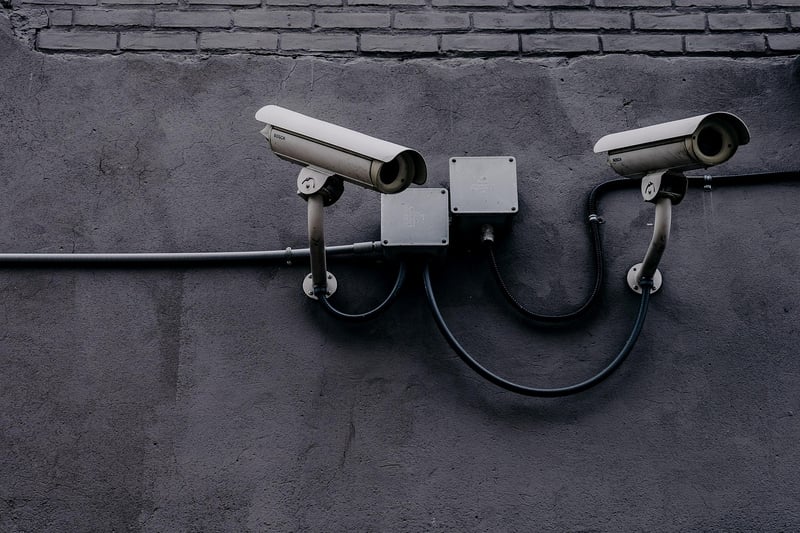Security Measures
Essential Information and Security Measures
Introduction
Welcome to our guide on essential information and security measures to safeguard your personal and sensitive data. In today's digital age, protecting your information is more critical than ever. By understanding the essential concepts and implementing security measures, you can significantly reduce the risk of falling victim to cyber threats.
Understanding Essential Information
Essential information refers to data that is crucial for your daily activities and well-being. This includes your personal information such as name, address, date of birth, and social security number, as well as financial details like bank account and credit card information. It's essential to keep this information secure to prevent identity theft and financial loss.
Security Measures
Use Strong Passwords
Ensure your online accounts are protected with strong, unique passwords. Use a combination of letters, numbers, and special characters, and avoid using easily guessable information like your name or birthdate.
Enable Two-Factor Authentication
Two-factor authentication adds an extra layer of security by requiring both a password and a secondary verification method, such as a code sent to your phone. Enable this feature on all your accounts whenever possible.
Keep Software Updated
Regularly update your operating system, antivirus software, and other applications to patch security vulnerabilities. Hackers often target outdated software to exploit known weaknesses.
Be Cautious of Phishing Attacks
Be wary of unsolicited emails, messages, or calls asking for personal information. Phishing attacks often mimic legitimate sources to trick you into revealing sensitive data. Verify the sender's identity before responding.
Secure Your Wi-Fi Network
Set up a strong password for your Wi-Fi network to prevent unauthorized access to your internet connection. Avoid using default passwords provided by your ISP and consider enabling network encryption.
Backup Your Data Regularly
Back up your important files and documents regularly to an external hard drive or cloud storage. In the event of a cyberattack or hardware failure, you can restore your data without losing valuable information.
Conclusion
By understanding essential information and implementing robust security measures, you can protect yourself against cyber threats and safeguard your personal data. Stay informed, stay vigilant, and stay secure in the digital world.




